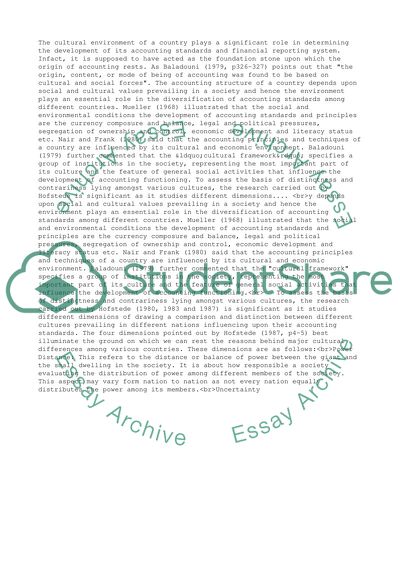Cite this document
(“Harmonisation of International Accounting Standards Essay”, n.d.)
Harmonisation of International Accounting Standards Essay. Retrieved from https://studentshare.org/business/1512320-harmonisation-of-international-accounting-standards
Harmonisation of International Accounting Standards Essay. Retrieved from https://studentshare.org/business/1512320-harmonisation-of-international-accounting-standards
(Harmonisation of International Accounting Standards Essay)
Harmonisation of International Accounting Standards Essay. https://studentshare.org/business/1512320-harmonisation-of-international-accounting-standards.
Harmonisation of International Accounting Standards Essay. https://studentshare.org/business/1512320-harmonisation-of-international-accounting-standards.
“Harmonisation of International Accounting Standards Essay”, n.d. https://studentshare.org/business/1512320-harmonisation-of-international-accounting-standards.


